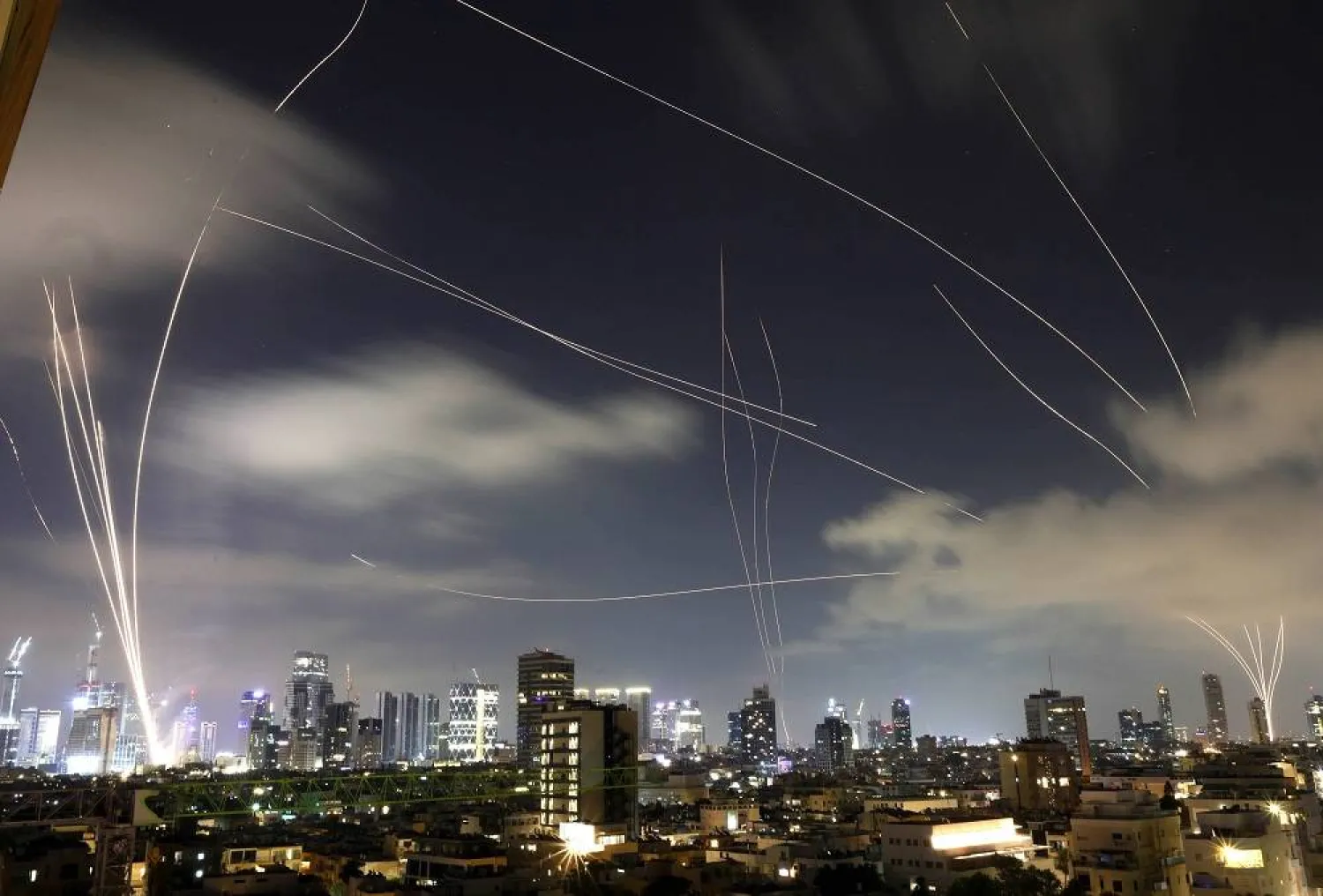Israeli warplanes pounded Iran's capital overnight and into Wednesday as Iran launched a small barrage of missiles at Israel with no reports of casualties. An Iranian official warned Wednesday that that any US intervention in the conflict would risk “all-out war.”
Foreign Ministry spokesman Esmail Baghaei delivered the warning in an interview with Al Jazeera English, saying “any American intervention would be a recipe for an all-out war in the region.” He did not elaborate, but thousands of American troops are based in nearby countries within range of Iran's weapons. The US has threatened a massive response to any attack.
Another Iranian official said the country would keep enriching uranium for peaceful purposes, apparently ruling out demands to give up its disputed nuclear program.
US President Donald Trump initially distanced himself from Israel's surprise attack on Friday that triggered the conflict, but in recent days has hinted at greater American involvement, saying he wants something “much bigger” than a ceasefire. The US has also sent more warplanes to the region.
Strikes in and around Tehran
The latest Israeli strikes hit a facility used to make uranium centrifuges and another that made missile components, the Israeli military said. It said it had intercepted 10 missiles overnight as Iran’s retaliatory barrages diminish. The UN nuclear watchdog said Israel had struck two centrifuge production facilities in and near Tehran.
Israeli strikes have hit several nuclear and military sites, killing top generals and nuclear scientists. A Washington-based Iranian human rights group said at least 585 people, including 239 civilians, have been killed and more than 1,300 wounded.
Iran has fired some 400 missiles and hundreds of drones in retaliatory strikes that have killed at least 24 people in Israel and wounded hundreds. Some have hit apartment buildings in central Israel, causing heavy damage, and air raid sirens have repeatedly forced Israelis to run for shelter.
Iran has fired fewer missiles as the conflict has worn on. It has not explained the decline, but Israel has targeted launchers and other infrastructure related to the missiles.
Casualties mount in Iran
The Washington-based group Human Rights Activists said it had identified 239 of those killed in Israeli strikes as civilians and 126 as security personnel.
The group, which also provided detailed casualty figures during 2022 protests over the death of Mahsa Amini, crosschecks local reports against a network of sources it has developed in Iran.
Iran has not been publishing regular death tolls during the conflict and has minimized casualties in the past. Its last update, issued Monday, put the toll at 224 people killed and 1,277 others wounded.
Shops have been closed across Tehran, including in its famed Grand Bazaar, as people wait in gas lines and pack roads leading out of the city to escape the onslaught.
A major explosion could be heard around 5 a.m. in Tehran Wednesday morning, following other explosions earlier in the predawn darkness. Authorities in Iran offered no acknowledgement of the attacks, which has become increasingly common as the Israeli airstrikes have intensified.
At least one strike appeared to target Tehran’s eastern neighborhood of Hakimiyeh, where the paramilitary Revolutionary Guard has an academy.
No signs of backing down
Israel says it launched the strikes to prevent Iran from building a nuclear weapon, after talks between the United States and Iran over a diplomatic resolution had made little visible progress over two months but were still ongoing. Trump has said Israel’s campaign came after a 60-day window he set for the talks.
Iran long has insisted its nuclear program was peaceful, though it is the only non-nuclear-armed state to enrich uranium up to 60%, a short, technical step away from weapons-grade levels of 90%. US intelligence agencies have said they did not believe Iran was actively pursuing the bomb.
Israel is the only country in the region with nuclear weapons but has never publicly acknowledged them.
Iran's ambassador to Geneva, Ali Bahreini, told reporters that Iran "will continue to produce the enriched uranium as far as we need for peaceful purposes.”
He rejected any talk of a setback to Iran’s nuclear research and development from the Israeli strikes, saying, “Our scientists will continue their work.”
Trump demands Iranian surrender
Trump demanded “UNCONDITIONAL SURRENDER” in a post on social media Tuesday and warned Iran's supreme leader, Ali Khamenei, that the US knows where he is hiding but that there were no plans to kill him, “at least not for now.”
Trump and Israeli Prime Minister Benjamin Netanyahu spoke about the evolving situation over the phone on Tuesday, according to a White House official.
Bahreini, the Iranian ambassador, said Trump's remarks were “completely unwarranted” and “very hostile,” and that Iran could not ignore them.
He said Iranian authorities were “vigilant” about the comments and would decide if the US crossed any lines. “Once the red line is crossed, the response will come.”









